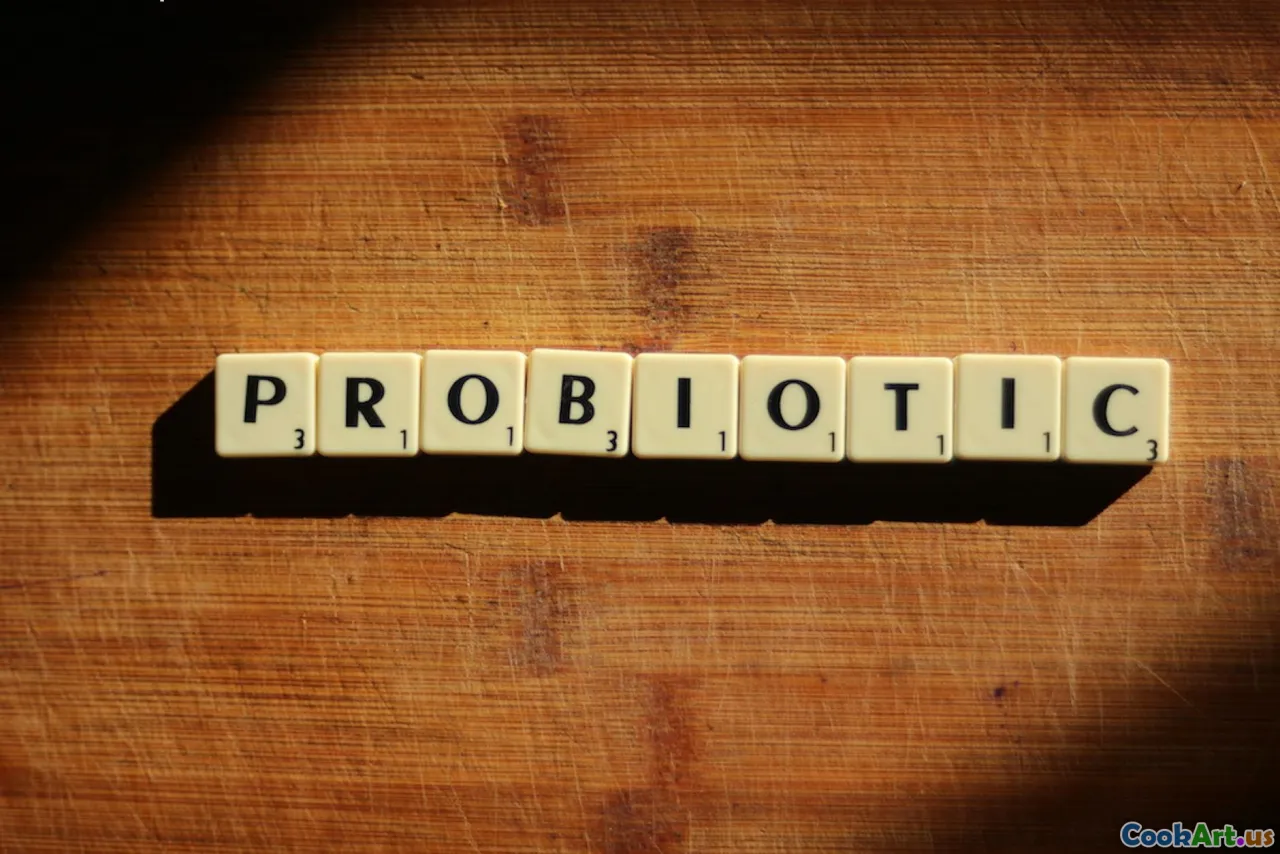The Science of Gut Health and Nutrition
5 min read Explore the fascinating connection between gut health and nutrition, and discover how your diet impacts overall wellness. April 15, 2025 18:45
The Science of Gut Health and Nutrition
Gut health has become a hot topic in recent years, with an increasing number of studies linking a balanced gut microbiome to overall health and wellbeing. The gut, often referred to as the second brain, plays a critical role in digestion, immune function, and even mental health. This article delves into the intricate relationship between gut health and nutrition, offering valuable insights and surprising facts that can help you improve your dietary choices for better health.
What is the Gut Microbiome?
The gut microbiome consists of trillions of microorganisms, including bacteria, viruses, fungi, and other microbes that reside in our digestive tract. These microorganisms play a vital role in breaking down food, synthesizing vitamins, and regulating the immune system. A diverse and balanced microbiome can contribute to better digestion, nutrient absorption, and protection against harmful pathogens.
The Importance of Nutrition for Gut Health
1. Diverse Diet
Eating a diverse range of foods can help maintain a healthy gut microbiome. Different types of foods promote the growth of various beneficial bacteria. Incorporating fruits, vegetables, whole grains, legumes, and fermented foods can enhance microbial diversity in the gut.
2. Fiber-Rich Foods
Fiber plays a crucial role in gut health, serving as food for beneficial gut bacteria. Foods rich in dietary fiber, such as oats, beans, and leafy greens, can help promote the growth of healthy microbes. Soluble fiber, in particular, can help regulate bowel movements and prevent constipation.
3. Fermented Foods
Fermented foods are packed with probiotics, live bacteria that are beneficial for gut health. Foods such as yogurt, kefir, sauerkraut, kimchi, and miso provide a natural source of probiotics. Regular consumption of these foods can help restore and maintain a healthy gut microbiome.
Surprising Facts About Gut Health
- Gut and Brain Connection: The gut microbiome communicates with the brain through the vagus nerve, influencing mood and behavior. This connection emphasizes the importance of gut health in mental well-being.
- Immune Function: Approximately 70% of our immune system resides in the gut. A balanced microbiome can enhance immune responses and reduce inflammation.
- Diet and Microbial Composition: Studies have shown that a high-fat, low-fiber diet can negatively impact the gut microbiome, leading to dysbiosis, which is an imbalance of gut bacteria.
Cooking Techniques and Their Impact on Nutrition
How we prepare our food can also affect its nutritional value and gut health benefits. For instance:
- Cooking Methods: Steaming and sautéing vegetables can preserve their nutrients better than boiling, which can lead to nutrient loss.
- Fermentation: Traditional fermentation techniques not only enhance flavor but also increase the bioavailability of nutrients and introduce beneficial bacteria.
Cultural Cuisines and Gut Health
Different cultures around the world have long recognized the importance of gut health through their culinary practices. For example:
- Japanese Cuisine: Rich in fermented foods like miso and pickled vegetables, promoting gut health and longevity.
- Mediterranean Diet: Emphasizes whole foods, healthy fats, and fiber-rich ingredients that contribute to a robust gut microbiome.
Conclusion
Understanding the science of gut health and nutrition is essential for making informed dietary choices that promote overall wellness. By embracing diverse, fiber-rich, and fermented foods, you can support your gut microbiome and ultimately enhance your health. Remember, what you eat matters not just for your body, but for your gut’s flourishing ecosystem too.









